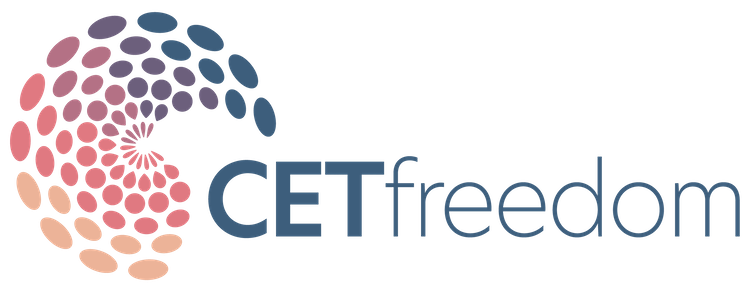
In recent years, chatbots have emerged as a popular tool for coaching in various domains, including personal development, health, and professional training. They offer several advantages, such as accessibility, affordability, and convenience. However, the use of chatbots for coaching also poses several risks, especially when it comes to oversimplifying complex issues and challenges. This article explores the potential dangers of oversimplification in chatbot coaching and offers some recommendations to mitigate them.
What is Chatbot Coaching?
Chatbot coaching refers to the use of artificial intelligence (AI) technologies, such as chatbots, to provide coaching services to individuals. Chatbots are basically computer programs that can simulate human conversation through natural language processing (NLP) and machine learning algorithms. They can provide personalized feedback, guidance, and support to users based on their inputs and preferences. Chatbots can offer coaching services in various domains, such as health, wellness, career development, and financial planning. They can also be integrated with other technologies, such as wearable devices and mobile apps, to provide a seamless coaching experience.
The Risk of Oversimplification in Chatbot Coaching
While chatbot coaching has several benefits, it also poses several risks, especially when it comes to oversimplifying complex issues and challenges. Chatbots are designed to provide simple and straightforward answers to users’ queries, based on predefined rules and algorithms. They may not be able to understand the nuances, context, and complexity of users’ problems, and may offer generic or irrelevant advice. Chatbots may also lack empathy, emotional intelligence, and cultural sensitivity, which are essential for effective coaching. Oversimplification can lead to incorrect or incomplete solutions, which can harm users’ wellbeing, undermine their trust in the coaching service, and impede their progress.
Mitigating the Risk of Oversimplification in Chatbot Coaching
To mitigate the risk of oversimplification in chatbot coaching, several strategies can be employed. First, chatbot developers should ensure that their algorithms and rules are based on sound scientific principles, empirical evidence, and ethical standards. They should also allow for user input and feedback, to improve the chatbot’s performance and adaptability. Second, chatbots should be designed to recognize and respond to the complexity and context of users’ problems, by providing personalized and adaptive coaching based on users’ goals, preferences, and feedback. Third, chatbots should be complemented by human coaching, either as a backup or a supplement, to provide users with additional support, empathy, and guidance. Fourth, chatbot coaching should be transparent and accountable, by disclosing the limitations and capabilities of chatbots, and by ensuring users’ privacy and data protection.
Importance of Human Interaction in Coaching
While chatbots have the potential to enhance coaching services, they cannot replace the importance of human interaction in coaching. Coaching involves a human-to-human relationship that involves empathy, trust, and accountability. Human coaches can understand the nuances and complexities of their clients’ problems, by listening, questioning, and empathizing with them. They can provide personalized and adaptive coaching based on clients’ goals, preferences, and feedback. Human coaches can also offer emotional support, guidance, and accountability, which can motivate clients and enhance their progress.
Furthermore, human coaches can also provide a broader perspective on clients’ problems, by drawing on their own experiences, expertise, and networks. They can offer insights and feedback that may not be available from a chatbot. They can also challenge clients’ assumptions and beliefs, & support them to think creatively and critically about their problems.
Coaching also involves trust and accountability, which are difficult to establish with chatbots. Human coaches can build trust with their clients by being transparent, respectful, and empathetic. They can also hold their clients accountable for their actions, by setting clear goals, monitoring progress, and providing feedback. Human coaches can also adjust their coaching style to meet clients’ needs and preferences, which can enhance their motivation and satisfaction.
Conclusion
Chatbot coaching offers many benefits for individuals who seek coaching services, but it also poses several risks, especially when it oversimplifies complex issues and challenges. To mitigate these risks, chatbot developers and coaches should ensure that their algorithms and practices are based on sound scientific principles, empirical evidence, and ethical standards. They should also recognize and respond to the complexity and context of users’ problems, by providing personalized and adaptive coaching based on users’ goals, preferences, and feedback. Chatbot coaching should be complemented by human coaching, as a backup or a supplement, to provide users with additional support, empathy, and guidance. Overall, chatbot coaching has the potential to enhance individuals’ wellbeing and development, provided that it is designed and implemented responsibly and ethically.







